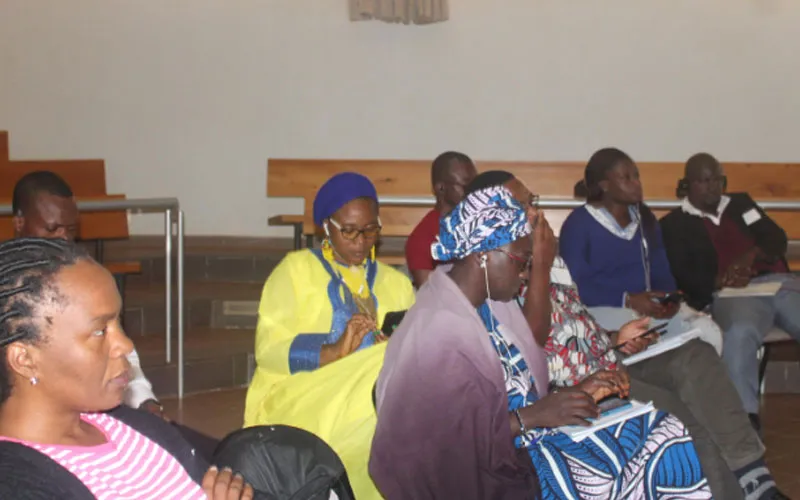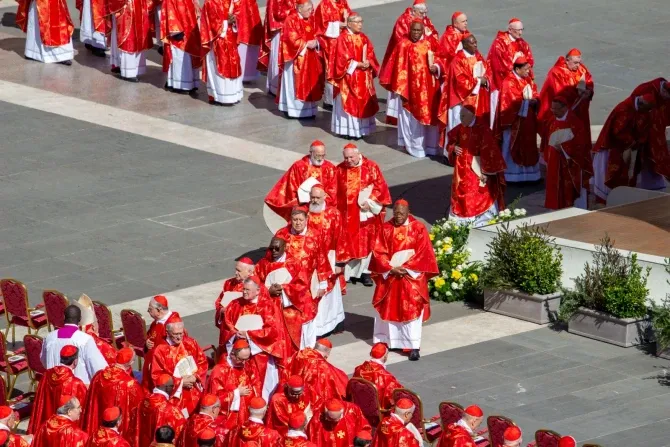Some of the “great things” considered at personal level, he said, include co-leadership, co-governance, unity in diversity, how a leader can be convinced from the heart that corruption is evil and avoids it, and how a leader can be the face of his subjects, not just in politics but across the variety of possible fields.
Some of the challenges that Melchior mentioned relate to scarcity of human resources and handling all the 14 countries now engaged in the second phase of the initiative.
He said, “Tomorrow, we may even be talking about all the 54 countries. We are also concerned about the financial sustainability of the initiative and facilitate the minimum, including travel tickets for our trainees.”
The other challenge is working around minimizing the number of people who are giving up along the way, he said, and explained, “Countries such as Rwanda and South Sudan didn’t have committed tutors and have been told to take a break.”
Sophia University is supported by the Focolare Movement, an entity that promotes the ideals of unity and universal fraternity. And for African youth who have studied at the university, no institution fosters the spirit of Ubuntu in a better manner.
(Story continues below)
During the September 29 interview with ACI Africa, Melchior recalled having had a special experience at that university. The university, he said, offered an entirely new approach to education.
“At Sophia University, life and studies go hand in hand. Students from over 30 countries live together in an apartment, and you don’t choose who to stay and eat with,” Melchior said.
He further said, “I studied Political Science yet I was also required to learn some Economics, some Theology, and so on. There is a very good relationship across the various disciplines where you have an idea of everything.”
Professors at Sophia University “don’t stick to any manuals or syllabuses,” he added.
Melchior said that African youth have a lot to learn from the values that the Italy-based university promotes, including instilling a sense of togetherness.
“From my experience at the university, I couldn’t help but wonder why we fight in our African countries when sometimes we are just two tribes. At Sophia, we lived in total harmony yet we came from over 30 countries,” he said.
His sentiments were echoed by Dr. Razava Natacha, a lecturer at the Catholic University of Madagascar who obtained her PhD at Sophia University Institute.
“I always say that Sophia University is a small university with a big vision; the vision of unity in the whole world,” the 31-years-old Malagasy tutor told ACI Africa September 29.
“The culture of unity starts with the culture of interdisciplinary approach to the teaching at Sophia University. Everyone, regardless of their specialization, learns a little bit of something. All disciplines are humble and accept their limits. We also stayed together and contributed our resources, made meals as a community and ate together as a community,” she said.
Dr. Natacha pushed for Madagascar to be included in the T4NA initiative after the country was omitted in the first cycle. She is on the list of youth being trained in Nairobi to later embark on a recruitment process for the next cycle of the program that will be spread out in a period of 36 months ending July 2025.
She said that working with 10 young people she is to recruit for the initiative in Malindi in Kenya, her focus will be to enlighten the youth in Madagascar on what their citizenship in the country entails.
“We’ll be telling young people to believe in their worth as Malagasy people. At the moment, the youth in our country shun politics because of the bad example that has been set by older politicians. It is important that they also make their voices heard in politics,” Dr. Natacha said.
She confirmed media reports that Madagascar is one of the poorest African countries where the youth suffer the most, saying, “This, however, doesn’t mean that we lack people with the skills and the competence required to turn the situation around. The youth have this capacity.”
Agnes Aineah is a Kenyan journalist with a background in digital and newspaper reporting. She holds a Master of Arts in Digital Journalism from the Aga Khan University, Graduate School of Media and Communications and a Bachelor's Degree in Linguistics, Media and Communications from Kenya's Moi University. Agnes currently serves as a journalist for ACI Africa.








